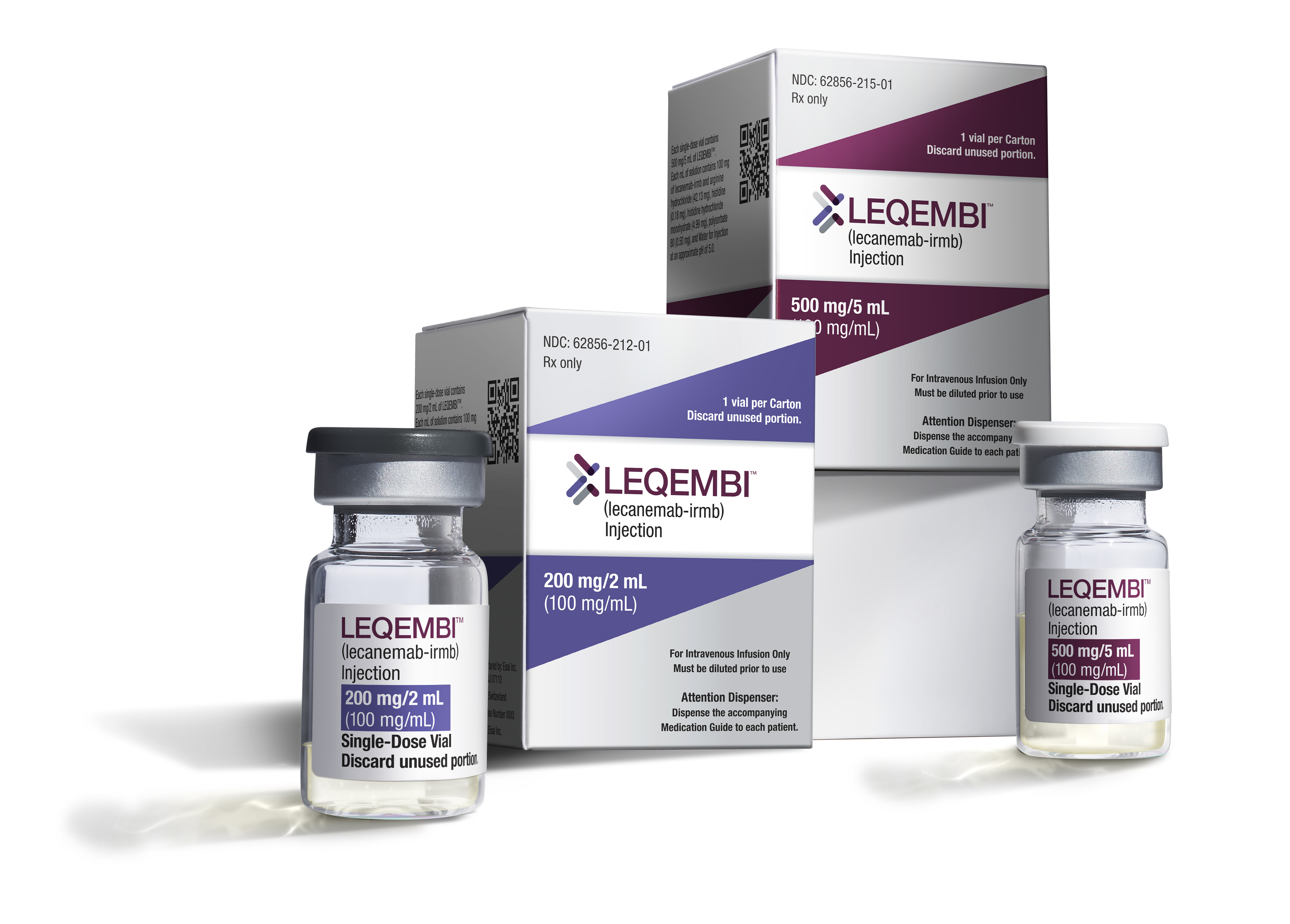The UK's healthcare landscape is grappling with a pivotal decision regarding the treatment of Alzheimer's disease. The Medicines and Healthcare products Regulatory Agency (MHRA) has granted a product licence for lecanemab (Leqembi), marking the first drug approved in Great Britain to show evidence of slowing the progression of the disease. However, in a move that has sparked controversy, the National Institute for Health and Care Excellence (NICE) has ruled out the drug's availability on the National Health Service (NHS), citing concerns over the cost and modest benefits.
The MHRA's approval of lecanemab is a significant milestone. The drug targets amyloid beta protein clumps in the brain, a hallmark of Alzheimer's, and clinical trials have shown a 27% reduction in cognitive decline in early-stage patients compared to a placebo. This groundbreaking discovery offers hope for a future where Alzheimer's, a debilitating disease that affects millions, can be managed effectively. However, the NICE decision to reject the drug's funding underscores the complex realities of healthcare decision-making, balancing the potential benefits of a treatment with its financial implications.
NICE's decision rests on the principle of value for money. The body argues that the benefits offered by lecanemab are too modest to justify the significant costs associated with its administration, including intensive monitoring for side effects and regular hospital visits. This decision underscores the challenges faced by healthcare systems in navigating the balance between cutting-edge treatments and fiscal responsibility. The rejection also highlights the ethical dilemma of access to potentially life-altering medications, where financial constraints may hinder the availability of potentially life-altering therapies to those who need them most.
The NICE decision has been met with mixed reactions. While some commend the body for prioritizing cost-effectiveness, others argue that it deprives patients of a potentially valuable treatment option. Advocacy groups like Alzheimer's Research UK have voiced their disappointment, emphasizing the significant impact this decision will have on those with Alzheimer's and their families. The debate underscores the importance of finding a balance between scientific advancements and the economic realities of healthcare provision. It also raises fundamental questions about how to navigate the ethical complexities of healthcare decisions in a world where new treatments emerge with increasing frequency, but where resources are often finite.
The decision by NICE not to fund lecanemab has implications beyond the UK's borders. It sets a precedent for other countries considering the drug's approval and raises concerns about the accessibility of such treatments globally. Furthermore, the debate around lecanemab highlights a broader trend within the healthcare industry - the increasing need for innovative approaches to funding and accessing new therapies. In the face of rising costs and limited resources, healthcare systems worldwide are seeking new models for providing equitable and sustainable access to advanced medical treatments.
The future of lecanemab in the UK remains uncertain. While the MHRA's approval allows for private prescription, only a small number of patients are likely to benefit from this option due to the high cost. A public consultation on NICE's draft guidance is underway, offering an opportunity for stakeholders and the public to voice their views and potentially influence the final decision. Ultimately, the fate of lecanemab will determine the future of Alzheimer's treatment in the UK, shaping the landscape of both healthcare provision and research for years to come.
The Implications of NICE's Decision
A Blow to Research & Innovation
The NICE decision has been interpreted by some as a blow to research and innovation in the field of Alzheimer's treatment. By denying funding for lecanemab, despite its regulatory approval, the body sends a signal that even potentially groundbreaking treatments may face a challenging path to widespread adoption on the NHS. This could discourage future investment in Alzheimer's research, particularly for those developing treatments with potentially high costs and limited evidence on long-term benefits.
Cost vs. Benefit & Patient Access
At the heart of the NICE decision is the age-old debate of cost versus benefit. The body acknowledges that lecanemab offers some benefit in slowing the progression of Alzheimer's disease, but it concludes that the magnitude of this benefit is insufficient to justify the significant costs involved. This approach raises questions about the value placed on slowing disease progression and the extent to which cost-effectiveness considerations should dictate access to potentially life-altering treatments. Furthermore, the decision underscores the challenges faced by healthcare systems in prioritizing treatments for chronic conditions with limited cure options.
The Future of Alzheimer's Treatment in the UK
The NICE decision leaves the future of Alzheimer's treatment in the UK in a state of flux. The drug will remain available through private prescriptions, but this access will likely be limited to a small number of patients due to the high cost. NICE's decision could potentially incentivize further research into more cost-effective treatments for Alzheimer's, while also prompting a re-evaluation of the role of the NHS in funding innovative therapies for chronic conditions. The implications of this decision will be felt by individuals, families, and healthcare providers for years to come, potentially shaping the future of Alzheimer's treatment in the UK and beyond.
A Moment of Uncertainty
The current situation surrounding lecanemab in the UK is one of uncertainty. While the MHRA's approval represents a scientific breakthrough, the NICE decision raises questions about the practicalities of implementing this treatment on a large scale. This situation highlights the complexities of healthcare decision-making, where balancing scientific progress with financial constraints, patient access, and ethical considerations remains a constant challenge. The coming months will see a public consultation on NICE's draft guidance, providing an opportunity for stakeholders to engage in this crucial debate. Ultimately, the outcome of this process will have significant implications for the future of Alzheimer's treatment, shaping both the clinical landscape and the public perception of innovative therapies in the UK.

















